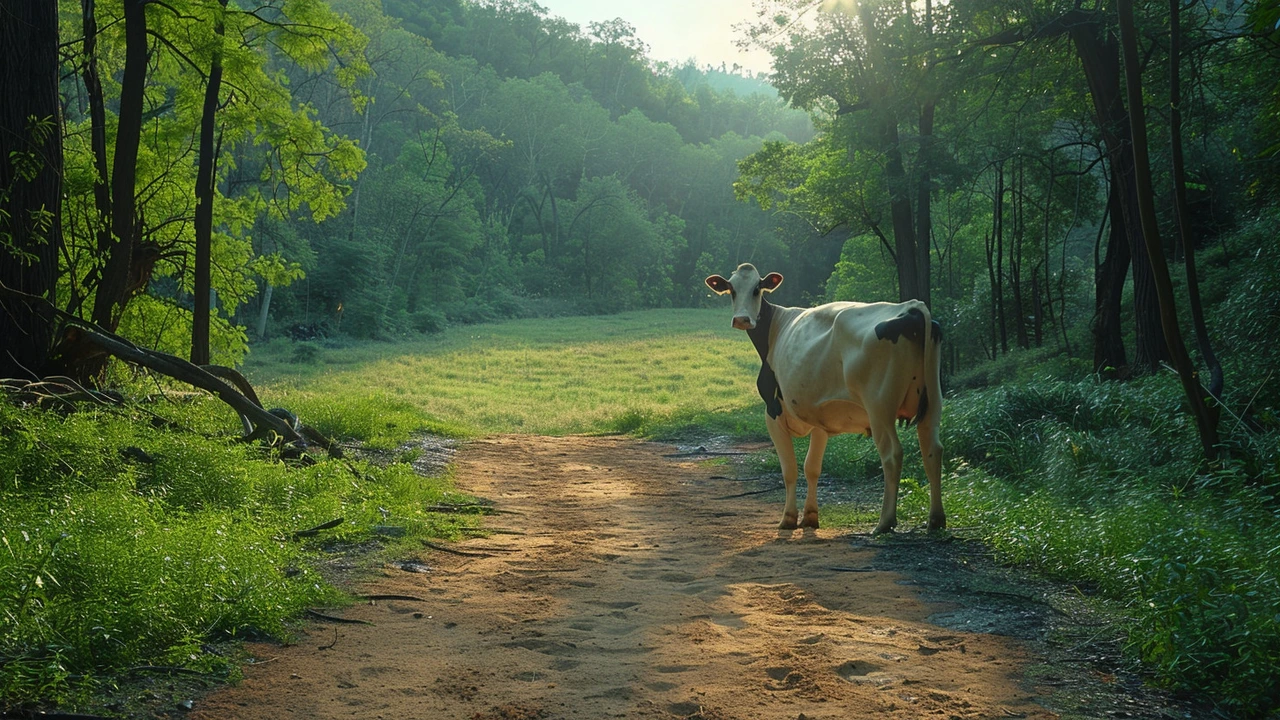Environmental Protection: How You Can Help in Africa
Environmental protection means keeping our air, water, soil and wildlife healthy. It affects your health, jobs and future. You see it in cleaner rivers, cooler towns and stronger farms. This page brings simple steps, policy news and local ideas you can use today.
Why should you care? Climate change raises heat, floods and crop loss across the continent. Plastic pollution clogs rivers and harms fish. Deforestation damages soil and water supplies. Small choices add up. When communities act, they protect homes and create jobs in recycling, sustainable farming and eco-tourism.
Simple actions you can take
Start at home. Reduce plastic use by choosing reusable bags and bottles. Compost food scraps to enrich your garden and cut waste. Save water: fix leaks, use buckets for washing, and collect rain for plants. Switch to LED bulbs and unplug chargers to lower electricity use.
Travel smarter. Walk, cycle or use shared transport when possible. If you drive, keep tyres pumped and avoid idling. For longer trips, book buses or trains rather than many short car rides. These choices lower emissions and keep air cleaner in towns and cities.
Support local food. Buying from farmers' markets cuts transport emissions and helps local producers. Choose seasonal produce to reduce pressure on the land. If you can, grow vegetables in pots or a backyard patch—even a small space helps biodiversity and food security.
Community and policy: bigger moves that work
Join community clean-ups or tree planting events. These actions reduce flooding and make streets safer. Encourage schools to teach kids about recycling and native plants. Local groups can push councils for better waste collection and safer water systems.
At the policy level, vote for leaders who back clean energy, waste laws and protected areas. Hold businesses to account: ask supermarkets to cut single-use plastics and demand clearer recycling labels. When communities speak up, governments and companies listen.
Follow reliable news. Stay informed about local projects, government plans and environmental risks. Ginger Apple News covers many African stories about climate, health and development that affect environmental protection. Knowing the facts helps you act where it matters most.
Need quick wins? Drop one plastic item from your routine each month, plant a tree this season, and teach a neighbour how to compost. Small, steady changes protect water, soil and air for your children. Protecting the environment is practical, cheap and often pays back with better crops, cleaner streets and fewer health problems.
Want help starting a project? Look for local NGOs, community groups or city programs that provide tools or training. Ask about grants for small green businesses or school gardens. Teamwork makes projects easier and more likely to last.
Measure progress by tracking simple things: how many trees planted, kilos recycled, or litres of water saved. Share results on community boards and social media to inspire others and attract support and funding where possible.
Your actions matter. Start small, join others, and keep informed. That’s how real change happens.
New Regulations for Grazing in Kenyan Public Forests by Kenya Forest Service
By Sfiso Masuku On 11 Jun, 2024 Comments (10)

Kenya Forest Service has implemented revised rules for herders grazing in public forests, aiming to protect sensitive areas and manage forest resources sustainably. Herders now need a monthly permit, with specific regulations on grazing locations, capacity, and timings to prevent ecological damage.
View More




